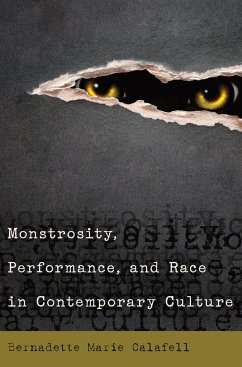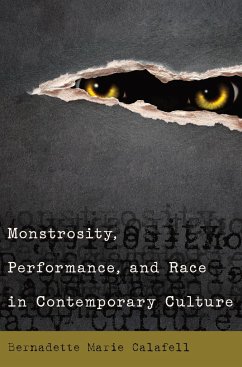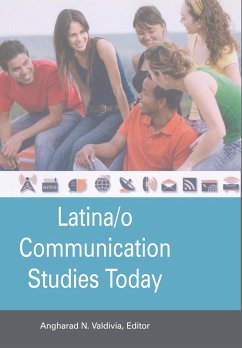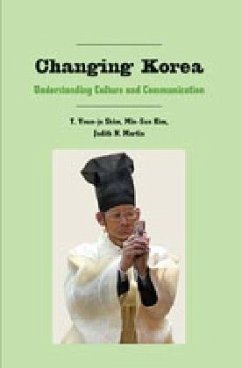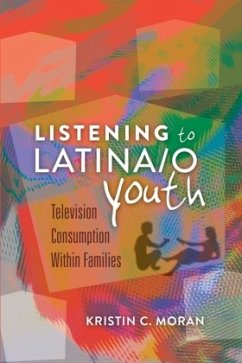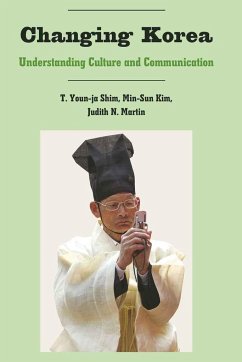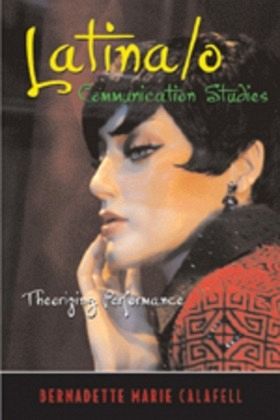
Latina/o Communication Studies
Theorizing Performance
Versandkostenfrei!
Versandfertig in 6-10 Tagen
36,55 €
inkl. MwSt.

PAYBACK Punkte
0 °P sammeln!
This is the first book within the field of communication studies to map the terrain of Latina/o performance. Using rhetorical criticism and performance ethnography, the book examines performance from a variety of perspectives: from identity and community in everyday life, to how it intersects with popular culture. Discussions - from Ricky Martin to Chicana feminist pilgrimages to issues of diaspora - contribute to the book's argument that the relationship between rhetorical scholarship and emerging performance work has largely been ignored. Latina/o Communication Studies aims to challenge this...
This is the first book within the field of communication studies to map the terrain of Latina/o performance. Using rhetorical criticism and performance ethnography, the book examines performance from a variety of perspectives: from identity and community in everyday life, to how it intersects with popular culture. Discussions - from Ricky Martin to Chicana feminist pilgrimages to issues of diaspora - contribute to the book's argument that the relationship between rhetorical scholarship and emerging performance work has largely been ignored. Latina/o Communication Studies aims to challenge this split by creating a more complex and less Eurocentric understanding of rhetoric. This rich and informative book contributes to a more nuanced understanding of race and ethnicity and attests to the importance of Latina/o studies in the field of communication.



